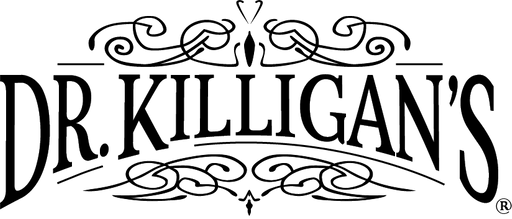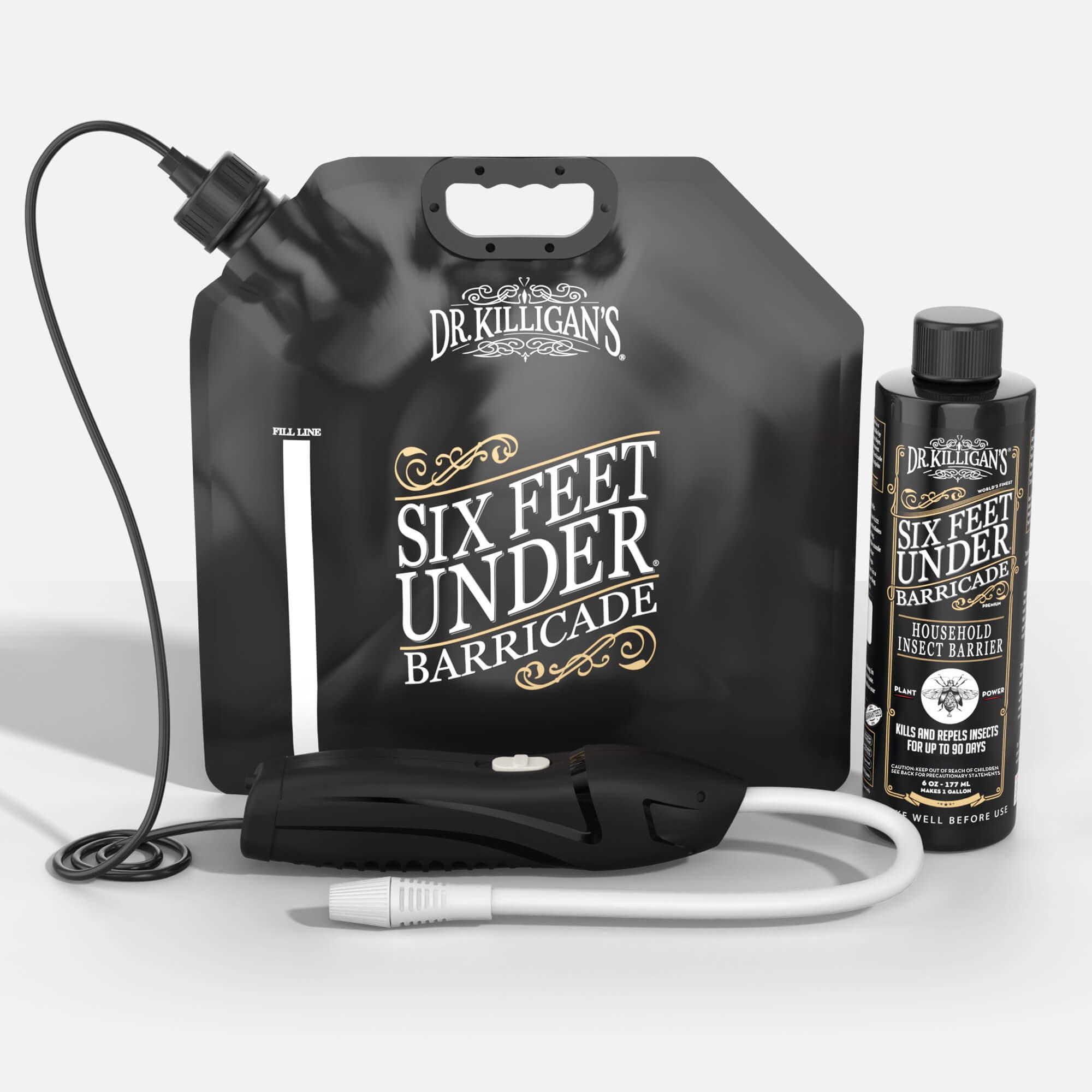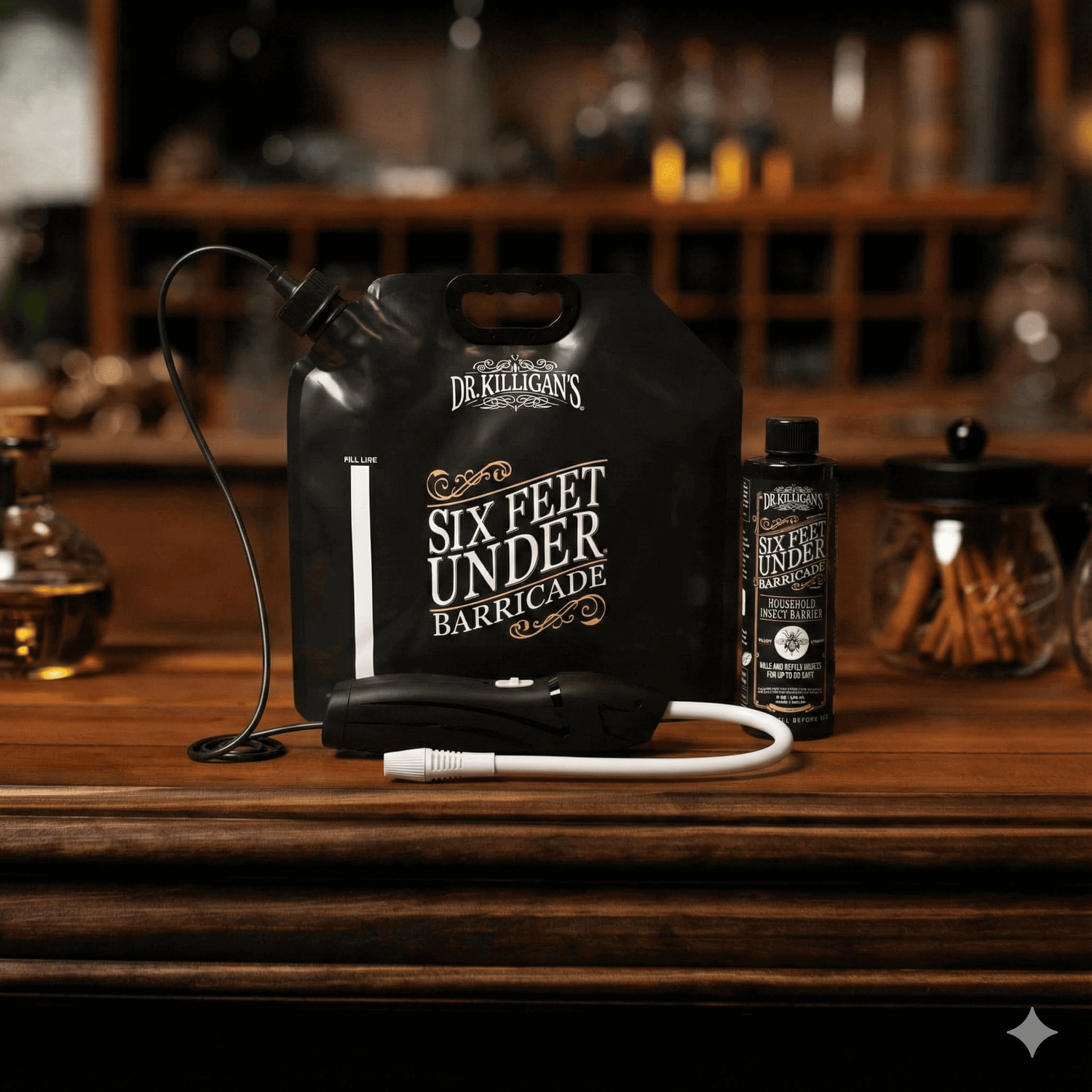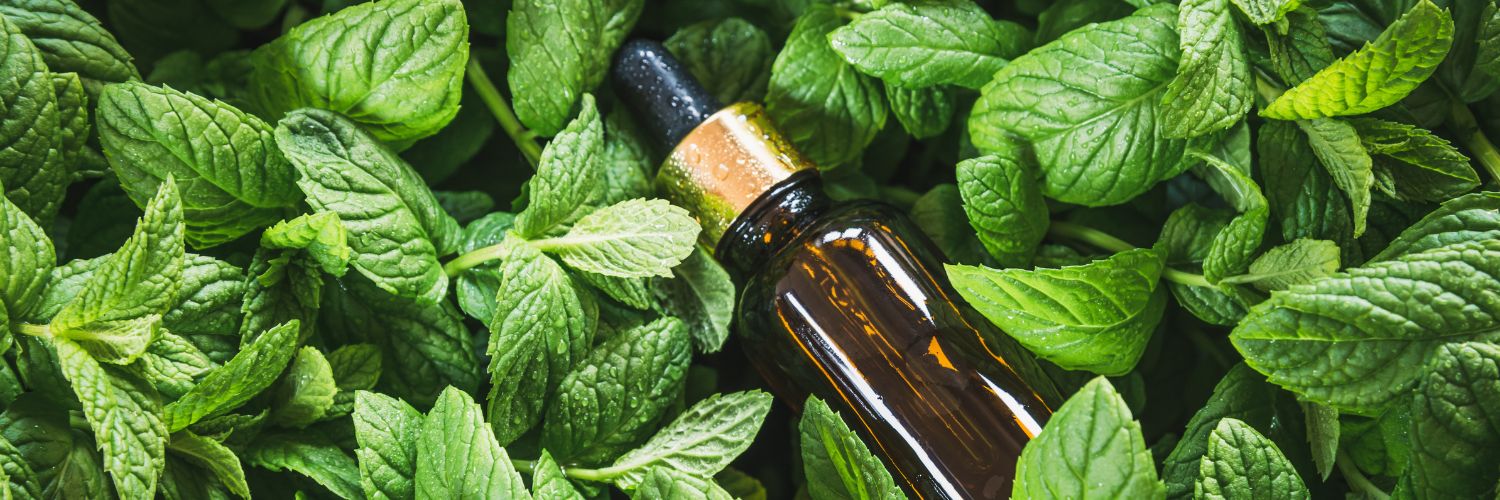Updated on November 6th, 2024
As a passionate advocate for non-toxic solutions, Dr. Killigan's is dedicated to exploring common household items and their potential impact on our beloved pets.
Among the myriad of natural remedies gaining popularity, clove oil stands out for its benefits to humans—from soothing aches to acting as a natural pest repellent. However, pet owners frequently wonder: Is clove oil safe for dogs?
The answer isn’t straightforward. Clove oil can be harmful to dogs if used improperly, primarily due to eugenol—a compound in clove oil that can be toxic in large amounts. With the growing trend of using clove and cinnamon oil for their aromatic and therapeutic effects, it’s crucial for pet owners to understand how these oils might affect their furry friends. Let’s explore the potential risks and safe usage of clove oil around dogs in more detail.
>>> Eliminate pests with the world's most effective eco-insecticide
The historical and modern uses of clove oil
Clove oil—with its rich history dating back to ancient civilizations—was one of the first spices to be actively traded. Archaeological evidence suggests that cloves were being used as early as 1721 BC. This spice was highly valued in ancient Rome and was introduced to the European populace by Arab traders in the fourth century. Notably, in ancient China around 226 BC, cloves were so revered for their aromatic freshness that they were used to freshen breath before one could speak to the Emperor.

Clove oil, revered in traditional Chinese and Indian healing practices for alleviating toothaches and enhancing digestion, continues to be celebrated in modern applications. It is valued for its analgesic properties in dentistry and is a key component in various health products including mouthwashes and throat sprays. Clove oil's efficacy as a natural insect repellent enhances its enduring appeal, providing delightful fragrances and multiple health benefits for homes.
Encouraged reading: For more detailed insights on the benefits and uses of clove oil, read The benefits of clove oil.
Is clove oil safe for dogs: Understanding the risks and safe usage
While clove oil boasts several benefits for humans, its impact on dogs is notably different.
-
Heightened sensitivity | Enhanced perception
Dogs' exceptional olfactory abilities allow them to detect minuscule concentrations of scents. This heightened perception makes them sensitive to even low levels of essential oils—such as clove, which might not be noticeable to humans. Unlike humans, dogs process essential oils differently due to their unique physiology and powerful sense of smell, which can make seemingly mild concentrations of clove oil overwhelming. This difference in sensory processing means that clove oil can easily cause stress or discomfort in dogs, even in small amounts.
-
Overwhelming aromas | Sensory overload
The strong, pungent aroma of a mix like cinnamon and clove oil can be too intense for dogs, leading to sensory overload. This goes beyond mere detection—the overwhelming nature of these scents can induce stress, anxiety or behavioral changes in dogs. -
Toxicity concerns | Potential poisoning
Eugenol, the active ingredient in clove oil, presents a toxicity risk to dogs. This compound becomes poisonous when consumed in large quantities or when used topically without proper dilution. Exposure can lead to symptoms such as excessive drooling, vomiting and severe respiratory difficulties.
Safe usage guidelines for pet owners
If you're considering using clove oil or any blend involving cinnamon and clove oil in your home, follow these safety guidelines:
- Dilution is key: Always dilute essential oils before using them, especially if pets are around. For diffusing clove oil in a pet-friendly home, a safe dilution ratio is typically around 1-2 drops of oil per 100 ml of water. This reduces the potency and lessens the risk of any adverse reactions.
- Ventilate well: If you're diffusing oils, ensure your space is well-ventilated. It gives your dog the option to leave if the scent becomes too overwhelming.
- Store safely: Keep all essential oils, including cinnamon and clove oil, out of your pet's reach. Curious pets might ingest them, leading to potential health issues.
- Consult a vet: Before introducing any essential oil regimen or product into your home, consult with your veterinarian. They can provide specific guidance tailored to your pet's needs.
The Dr. Killigan's way: Embracing the power of cinnamon and clove oil
At Dr. Killigan's, we champion the philosophy of merging effectiveness with safety. Our renowned product, Six Feet Under Plant-Powered Insect Spray, embodies this ethos.

Harnessing the potent powers of both cinnamon and clove oil, each present as active ingredients at a carefully controlled 0.03%, this formulation strikes a balance between efficacy and safety.
This low dilution rate—significantly below the typical commercial range of 0.5% to 1%—minimizes any risk to pets while maintaining effective pest control.
In fact, Six Feet Under can be a game-changer for pet owners seeking a pet-safe home environment. Designed as an effective bug killer and repellent, Six Feet Under works well in spaces where pets spend time, helping to keep areas like floors, corners and baseboards bug-free without using harsh chemicals. Think of it as a protective barrier; simply apply it to surfaces pets frequent, ensuring they can enjoy a pest-free environment safely.
Conclusion
Natural remedies, including essential oils like cinnamon and clove oil, can offer numerous benefits. However, as responsible pet owners, it's crucial to recognize that what's beneficial for us might not be safe for our pets. By educating ourselves and adopting safe practices, we can safely enjoy the benefits of natural remedies.

FAQ: Is clove oil safe for dogs?
In small, diluted amounts and with proper precautions, clove oil can be used safely around dogs. However, high concentrations can be harmful due to eugenol. Always consult a veterinarian for guidance.
With trusted brands like Dr. Killigan's by your side, achieving a harmonious balance between effective solutions and pet safety becomes effortlessly attainable.
